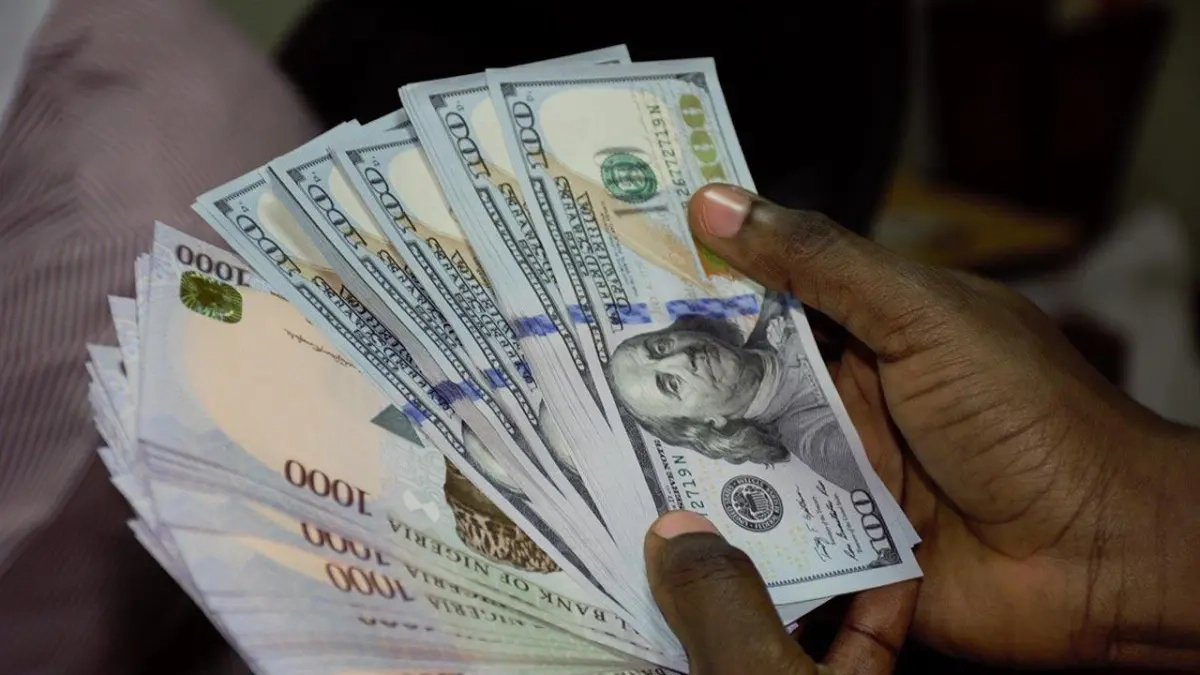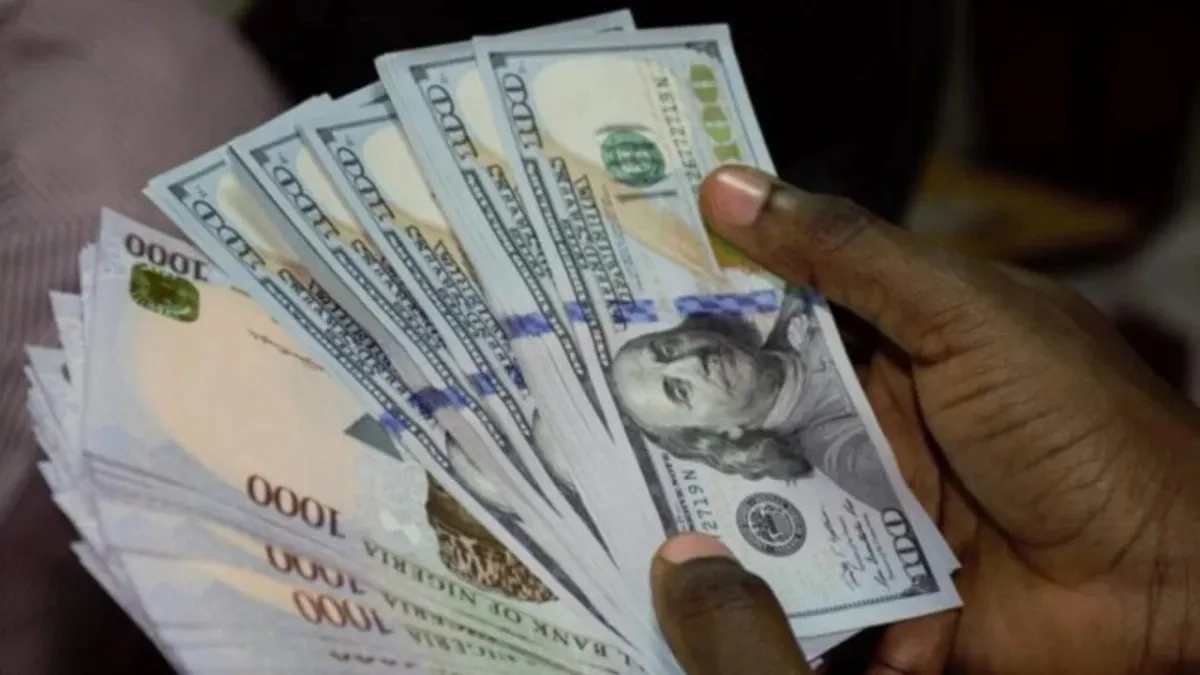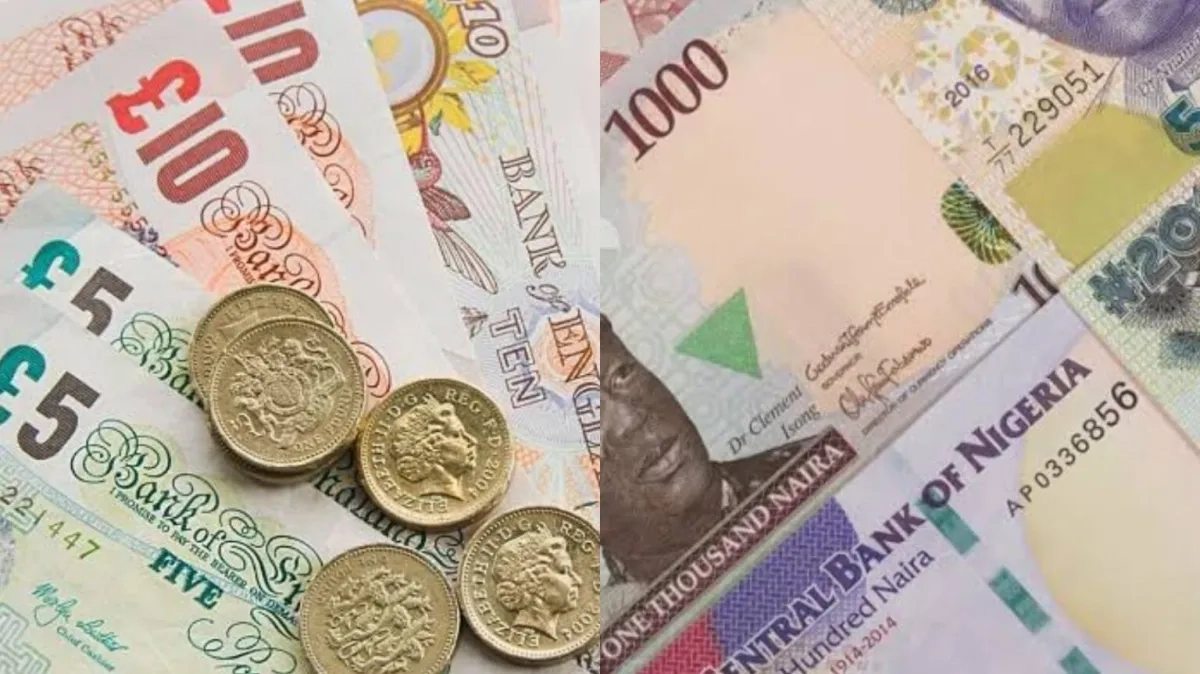
When Nigeria took the bold step of floating the naira in June 2023, it triggered one of the most turbulent periods in the countrys financial history.
The currency, which had long been managed under a controlled exchange system, was suddenly at the mercy of market forces. Within months, the naira plummeted from around N460 to a staggering N1,535 per dollar by the end of 2024.
For corporate Nigeria, this wasnt just a currency shift, it was a full-blown crisis. Businesses across key sectors, especially those heavily exposed to foreign exchange (FX) risks, were hit hard.
The financial results were brutal: massive FX losses, skyrocketing interest expenses, and a sharp erosion of shareholder value across the Nigerian Exchange (NGX).
Consumer goods companies, which rely heavily on imported raw materials, felt the burn almost immediately. Over the course of 2023 and 2024, seven major firms including Cadbury Nigeria, Nestl�, Dangote Sugar, Nigerian Breweries, and others recorded combined losses that exceeded N867 billion.
Their foreign currency exposures proved disastrous, as FX losses soared by over 56% year-on-year to reach N1 trillion in 2024. At the same time, their finance costs more than doubled, climbing from N158 billion in 2023 to N365 billion the next year.
Among this group, only BUA Foods and NASCON Allied Industries managed to stay profitable through the storm, a testament to how widespread and severe the damage was.
The telecoms and ICT sector didnt fare any better. MTN Nigeria, one of the countrys most valuable companies, found itself at the center of the storm. With foreign-denominated liabilities linked to tower leases and infrastructure contracts, the company recorded FX losses of N1.67 trillion over two years.
In 2024 alone, it posted a pre-tax loss of N550 billion. Finance costs ballooned, and by the end of the year, MTN had a negative net worth of over N458 billion, a stunning reversal for a company of its stature.
But then, something shifted. By the final quarter of 2024, early signs of stability began to return to the FX market. The naira started trading within a more predictable range, and liquidity conditions improved.
At the same time, companies were not idle. Across boardrooms, firms aggressively restructured their costs, renegotiated FX obligations, and fine-tuned pricing strategies to reflect the new realities.
By the first quarter of 2025, the results of those efforts began to show.
The consumer goods sector, which had lost a combined N418 billion in Q1 2024, came roaring back with a group-wide profit of nearly N290 billion in Q1 2025.
Only Dangote Sugar remained in the red, but even its losses had significantly narrowed from the previous year. The rest from Cadbury to Nestl� posted solid profits, buoyed by improved FX conditions, lower finance costs, and more efficient operations.
Where they once reported staggering FX losses, many of these companies were now reporting foreign exchange gains. Combined, the group posted FX gains of N2.5 billion in Q1 2025 a stunning turnaround from the N423 billion in FX losses recorded a year earlier. Interest expenses also dropped sharply, from N170 billion in Q1 2024 to just N94 billion.
MTN Nigerias recovery was even more dramatic. Having recorded a massive loss of over half a trillion naira in Q1 2024, the company swung back to a pre-tax profit of N202.6 billion in the first quarter of 2025.
FX losses fell drastically from N656 billion to just over N5 billion. The companys fintech and data businesses continued to deliver strong revenue, while tariffs improved and finance costs grew at a slower pace.
By the end of Q2 2025, MTN posted another strong result, a pre-tax profit of N419.6 billion, bringing its half-year profit to N622.3 billion. Its retained losses dropped significantly, and shareholders funds improved to a positive N42 billion from negative territory at the end of 2024.
If this momentum holds, MTN could fully wipe out the two years of accumulated losses by the end of 2025, a remarkable reversal for a company once on the brink of negative equity.
As the numbers improved, so did investor confidence. MTN Nigerias share price surged, hitting N480 by the end of July 2025. Its market capitalization soared to N10.1 trillion, making it the most valuable listed company on the Nigerian Exchange.
Other companies joined the rally. Nigerian Breweries and International Breweries, both of which had suffered deep losses, re-entered the billion-dollar valuation club. Cadbury emerged as one of the best-performing stocks in July 2025, a clear sign that the market had taken notice of the recovery.
In total, every major consumer goods company returned to profit by the end of Q2 2025. Collectively, they posted a pre-tax profit of about N264 billion.
Foreign exchange losses for the group had shrunk to just N896 million. Dangote Sugar, previously a major laggard, reduced its FX loss from over N208 billion in the prior year to just N160 million.
The post-devaluation rebound of Nigerian companies underscores two critical lessons.
First, while macroeconomic shocks like currency devaluation can cripple even the most established firms, the right combination of market reforms, corporate discipline, and pricing power can drive a strong comeback.
Second, currency stability matters. Once the naira found its footing, businesses were able to plan, price, and restructure with more confidence and investors responded accordingly.
Its still early days, and challenges remain. But if the current trajectory continues, Nigerias corporate giants could not only recover their lost ground but emerge stronger, leaner, and more resilient than before.
 January 3, 2022
January 3, 2022  August 3, 2022
August 3, 2022  November 8, 2022
November 8, 2022




